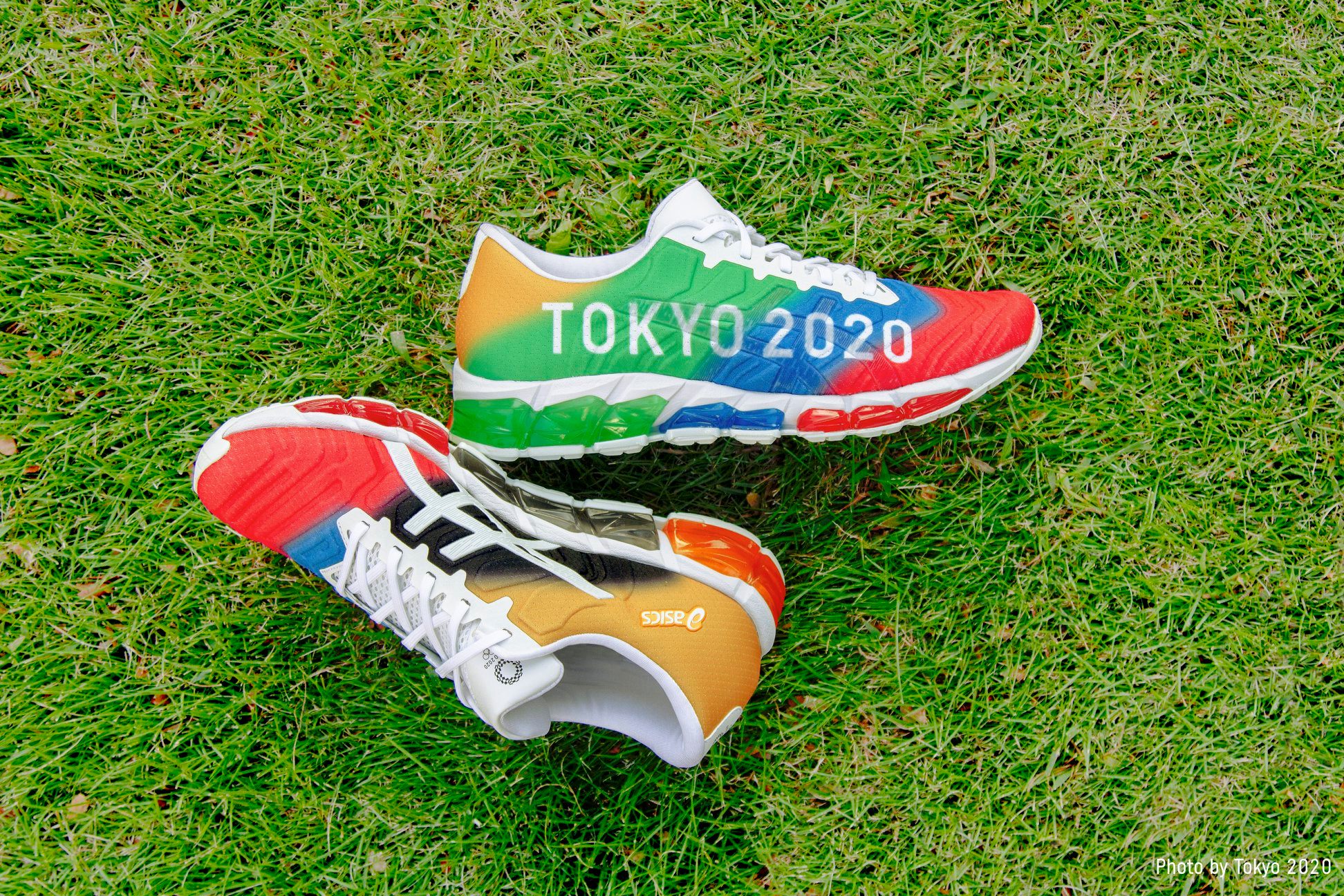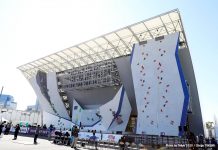
The International Olympic Committee (IOC) has informed athletes and other people with credentials that acts of protest are prohibited at the 2020 Tokyo Olympics.
According to the Rule 50 Guidelines, the prohibited acts of protest at the 2020 Tokyo Olympics include "gestures of a political nature, like a hand gesture or kneeling." However, athletes will be allowed to express their opinions on digital or traditional media, or on other platforms.
The IOC said that they can also do it when being interviewed at news conferences or in an area called the mixed zone.
In response to the new guidelines, US hammer thrower Gwen Berry expressed concerns over what she calls "a form of control" and "silencing." At the Pan American Games in Peru in August 2019, Berry raised her fist after she won gold while the US national anthem played.
She said: "We sacrifice for something for four years, and we're at our highest moment. We should be able to say whatever we want to say, do whatever we have to do -- for our brand, our culture, the people who support us, the countries that support us, [everything]."
"We shouldn't be silenced. It definitely is a form of control," she argued.
Meanwhile, the IOC Athletes' Commission issued a statement saying: "We believe that the example we set by competing with the world's best while living in harmony in the Olympic Village is a uniquely positive message to send to an increasingly divided world."
"This is why it is important, on both a personal and a global level, that we keep the venues, the Olympic Village and the podium neutral and free from any form of political, religious or ethnic demonstrations," it added.
Under Rule 50 of the Olympic charter, athletes will engage in "No kind of demonstration or political, religious or racial propaganda in any Olympic sites, venues or other areas."






